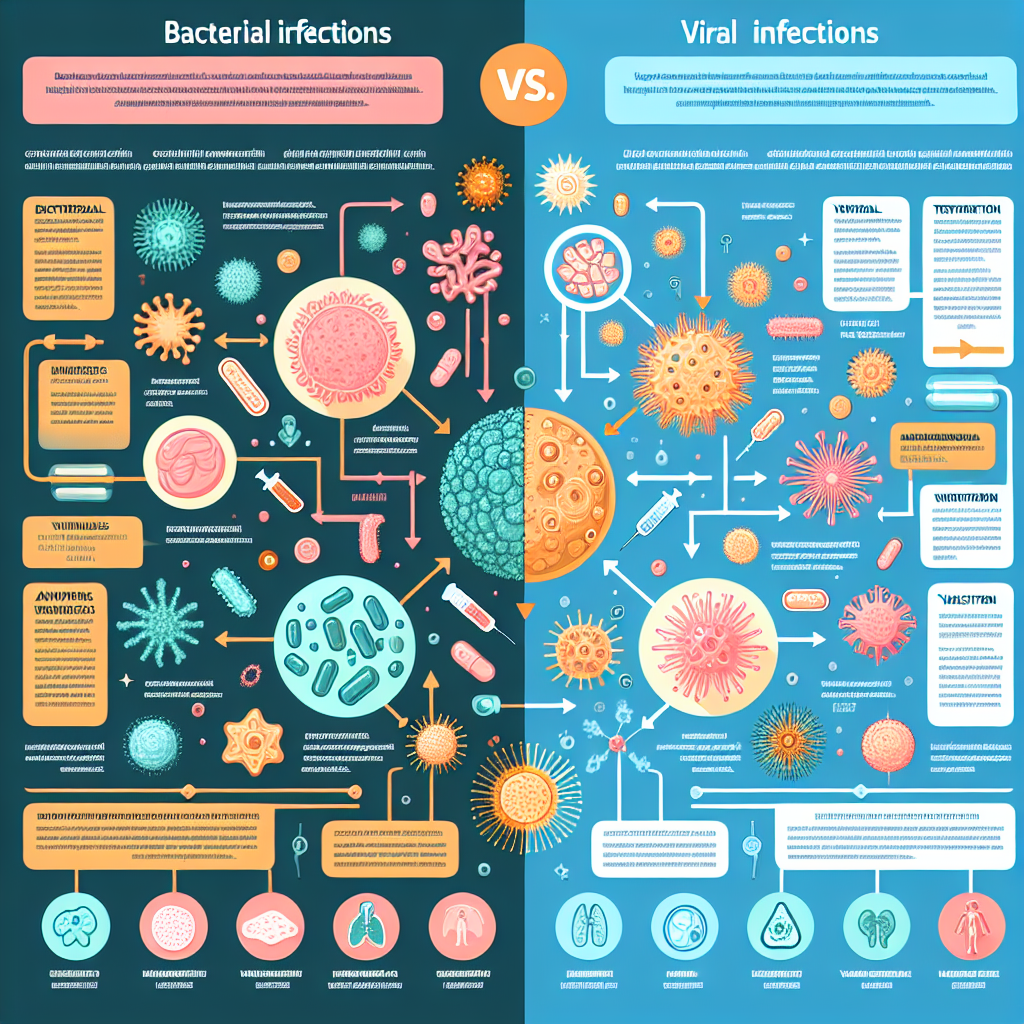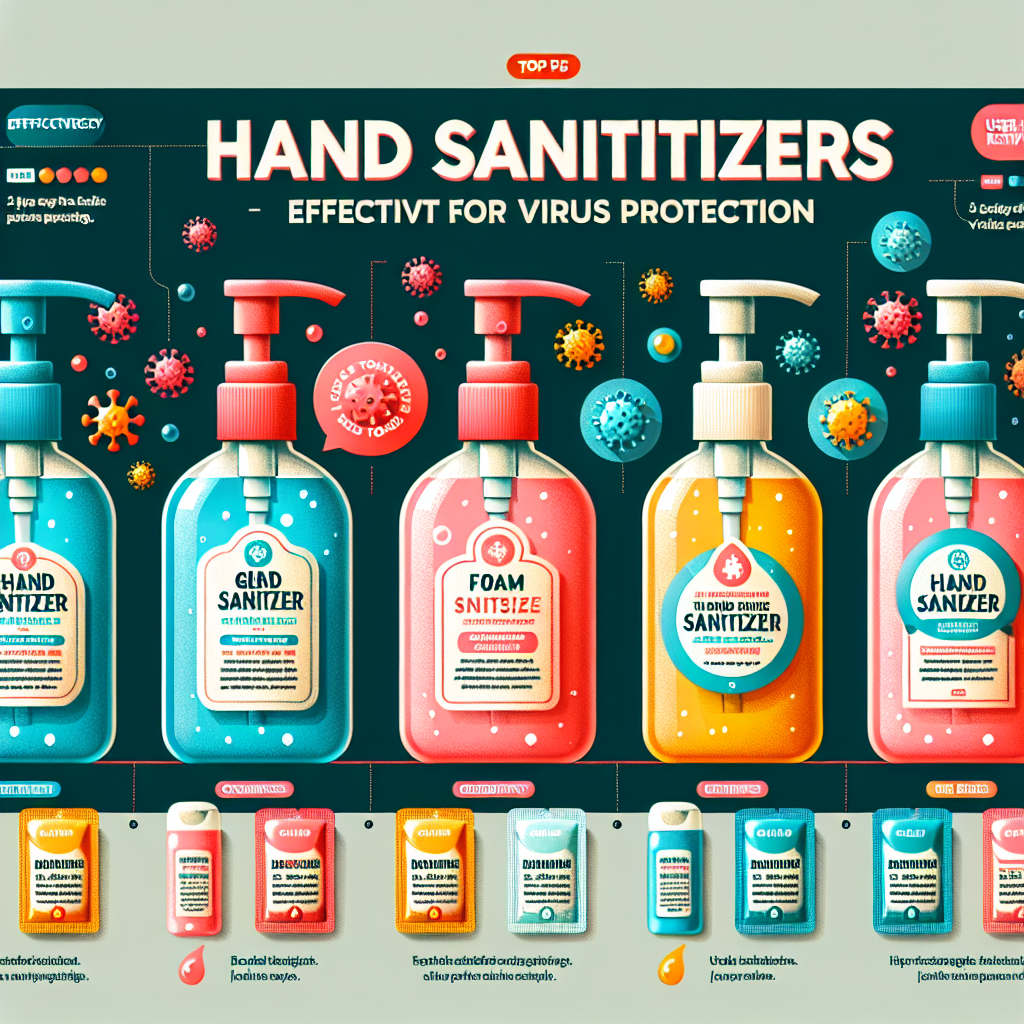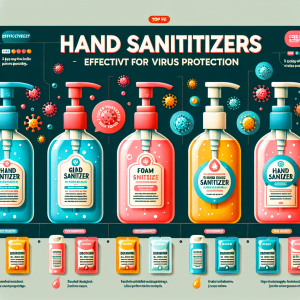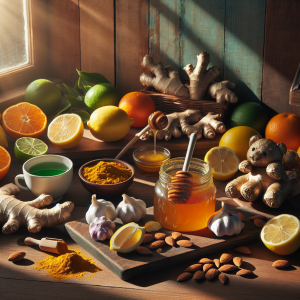What are natural remedies for bacterial infections?
Bacterial infections can range from minor ailments to serious health concerns, affecting millions of people worldwide. While conventional antibiotics are often the go-to treatment, many individuals are increasingly turning to natural remedies as adjuncts or alternatives. This article will explore the causes of bacterial infections, popular natural treatments, the efficacy of herbal remedies, and safety considerations when opting for natural solutions.
Understanding Bacterial Infections: An Overview of Causes
Bacterial infections are caused by harmful bacteria that invade the body, leading to various health issues. These microorganisms can enter the body through cuts, inhalation, or ingestion and can multiply rapidly, overwhelming the immune system. Common types of bacterial infections include strep throat, urinary tract infections, and pneumonia, each stemming from different bacterial strains. Factors such as poor hygiene, a weakened immune system, and antibiotic overuse can contribute to the likelihood of bacterial infections.
The causes of bacterial infections can often be traced to environmental and lifestyle factors. For instance, crowded living conditions or inadequate sanitation can facilitate the spread of bacteria, while underlying health conditions like diabetes can heighten susceptibility. Understanding these causes is critical for both prevention and effective treatment. To reduce the risk of bacterial infections, maintaining proper hygiene—such as regular handwashing and proper food handling—is essential.
A crucial element in the management of bacterial infections is recognizing their symptoms, which may include fever, pain, swelling, and redness at the infection site. Early identification of these symptoms can lead to prompt treatment, whether through conventional medicine or natural remedies. By addressing bacterial infections promptly, one can mitigate their impact on overall health.
Popular Natural Remedies for Treating Bacterial Infections
Several natural remedies have gained popularity for their potential antibacterial properties. Among the most well-known is garlic, which contains allicin, a compound known for its antimicrobial effects. Incorporating raw garlic into one’s diet or taking garlic supplements may help enhance the body’s defenses against various bacterial strains. Similarly, honey, particularly Manuka honey, has been recognized for its wound-healing properties and ability to combat specific bacteria.
Another popular remedy is apple cider vinegar (ACV), which is believed to possess antimicrobial properties. Diluted ACV can be consumed or applied topically to help manage bacterial infections. Additionally, essential oils such as tea tree and oregano oil are often touted for their antiseptic qualities and may be used in various applications, including topical treatments or diffused for inhalation.
Probiotics, found in yogurt and fermented foods, are also gaining attention for their role in promoting gut health and supporting the immune system. A balanced gut microbiome can be essential in fighting off harmful bacteria, making probiotics a valuable addition to a natural treatment regimen. By integrating these remedies into daily life, individuals may bolster their defense against bacterial infections.
Efficacy of Herbal Treatments: What the Research Shows
Research into the efficacy of herbal treatments for bacterial infections is ongoing, with some studies suggesting promising results. For example, a study published in the Journal of Antimicrobial Chemotherapy found that garlic extract exhibited significant antibacterial activity against various pathogens. Similarly, a review in Phytotherapy Research highlighted the potential of honey’s antibacterial properties, particularly against antibiotic-resistant strains such as MRSA.
While many natural remedies show potential, it is important to note that not all herbal treatments have undergone rigorous clinical trials. The variability in the quality and concentration of active compounds in herbal products can affect their efficacy. Thus, while many individuals report positive outcomes from using herbal remedies, scientific validation is still needed for widespread medical endorsement.
Incorporating herbal treatments as complementary therapies rather than replacements for conventional medicine can be a prudent approach. Healthcare professionals increasingly recognize the importance of integrating natural remedies into broader treatment plans, particularly for those seeking to avoid antibiotic overuse. As research continues to evolve, the potential for herbal treatments in managing bacterial infections will become clearer.
Safety Considerations When Using Natural Remedies for Infections
While natural remedies can provide relief and support in managing bacterial infections, safety considerations are paramount. Individuals must be aware of potential side effects, interactions with medications, and the importance of proper dosages. For example, while garlic is generally safe, excessive consumption can lead to digestive upset or interfere with blood-thinning medications.
Consulting with a healthcare provider before starting any natural remedy is advisable, particularly for individuals with pre-existing conditions or those who are pregnant or breastfeeding. Natural does not always mean safe; therefore, a thorough understanding of potential risks associated with herbal treatments is essential.
Furthermore, it is crucial to recognize that natural remedies should not replace professional medical advice or treatment when dealing with severe or persistent bacterial infections. In cases of serious infections, prompt medical intervention is critical, and relying solely on natural remedies may lead to complications. Holistic health approaches should complement—not replace—conventional medical therapies for effective treatment outcomes.
Natural remedies for bacterial infections offer a range of options for those seeking alternatives or adjuncts to conventional treatment. Understanding the causes of bacterial infections, exploring popular natural remedies, and considering the efficacy and safety of these treatments can empower individuals in their health journeys. While natural remedies hold promise, they should be approached thoughtfully and used in conjunction with professional medical advice to ensure optimal outcomes.
Top hand sanitizers for virus protectionSeasonal flu vaccine effectivenessLatest research on virus transmissionRelevant LinkRelevant LinkRelevant Link













